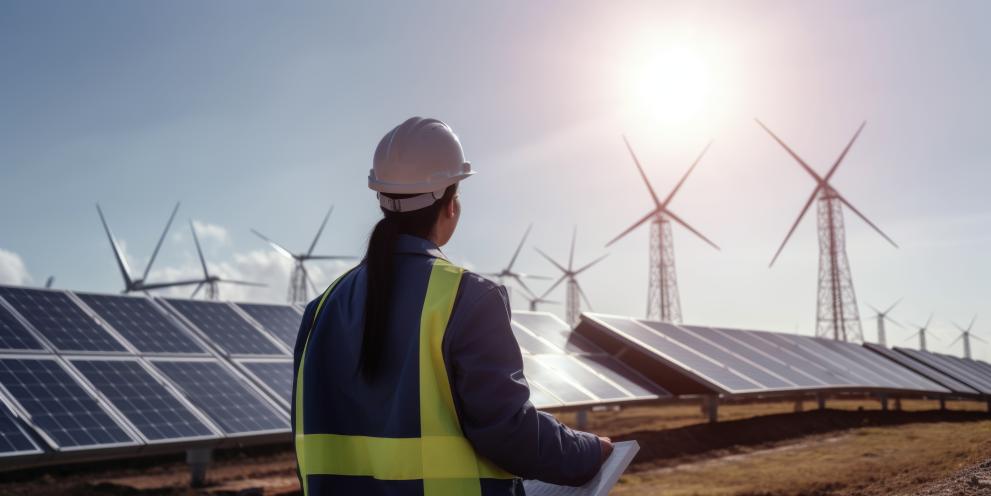
The Joint Research Centre (JRC) of the European Commission has published a new report on the need to reduce gender inequalities in the energy transition, in cooperation with 75inQ, the Dutch expert centre on diversity in the energy transition.
The report is a call to recognise the complex connections between gender, energy poverty and the broader energy transition, and to take action to address them. It emphasises the importance of inclusive policies in guaranteeing women’s active engagement and representation in the energy industry, not just as customers, but also as decision-makers and innovators. It highlights the significance of breaking down traditional policy silos, providing a roadmap for a more integrated and comprehensive approach to addressing the complex causes of energy poverty.
Its findings can inform policy interventions and good practices to reduce energy poverty for women, increase their representation in the energy sector, and enhance their overall empowerment in the energy transition. This is essential to a European Green Deal which leaves no one behind.
Women more exposed to energy poverty
The report finds that women are frequently more exposed to energy poverty, often due to lower levels of disposable income and overrepresentation in single-parent households. As a result, they are more exposed to the consequences of energy poverty, including health impacts and social exclusion. Mitigating gender inequalities in access to energy services, and breaking silos in policy formulation, are crucial for a fair and inclusive energy transition.
Women in the energy sector
Women accounted for an average of 32% of the global workforce in the renewables sector in 2019. They should be empowered, not only in their role as consumers, but also as producers and policymakers. Political and managerial engagement is needed to ensure equal participation and representation of women in the energy transition.
Data collection
The study finds that a lot of relevant data is not collected, reported or monitored in a gender-disaggregated manner. This is a missed opportunity to inform policymaking and to monitor policy implementation. Strong data collection and monitoring methods are needed to track the success of gender-inclusive energy transition activities, enabling informed and targeted interventions at national and European levels.
Sources
Details
- Publication date
- 22 February 2024
- Author
- Joint Research Centre
- JRC portfolios




